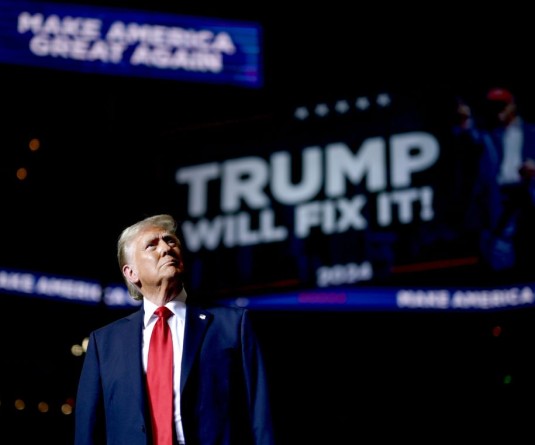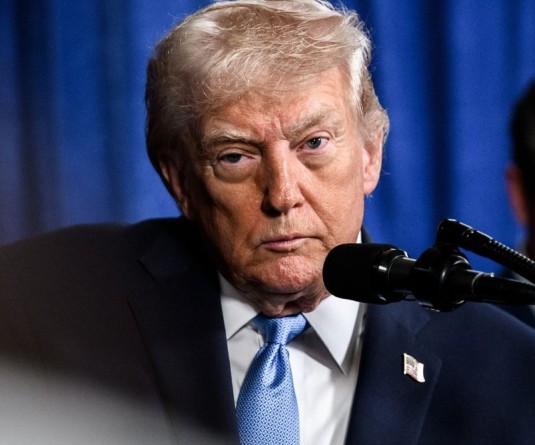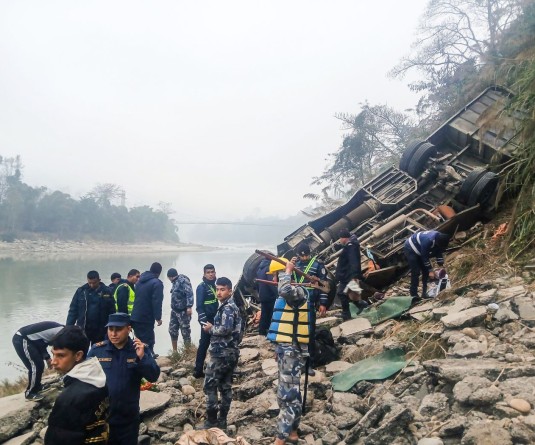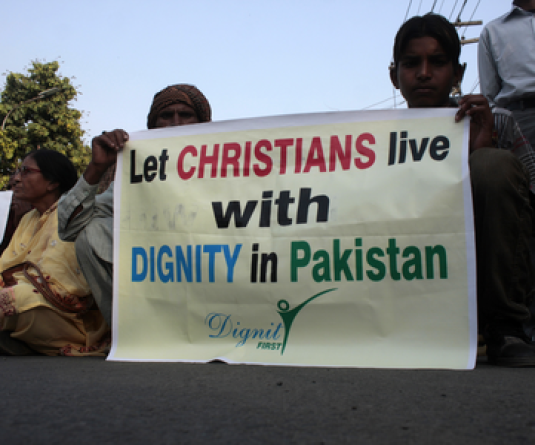Croatian Prime Minister and leader of the Croatian Democratic Union (HDZ) Andrej Plenkovic reacts as he talks to the media at party headquarters, ahead of parliamentary elections, in downtown Zagreb, Croatia on July 3. (REUTERS Photo)
ZAGREB, July 3 (Reuters): Croatians vote on Sunday to choose a government whose abiding challenge will be to haul the economy out of recession triggered by the coronavirus outbreak, with an awkward ruling coalition the likely outcome.
The centre-right Croatian Democratic Union (HDZ), led by the incumbent pro-European Prime Minister Andrej Plenkovic, believes it can re-emerge as the biggest party in the parliamentary election and with the strongest chance to lead a coalition.
A recent opinion poll gave the HDZ 27% of the vote, just ahead of the main opposition Social Democrats (SDP) at 25%. The nationalist bloc Domovinski Pokret (Homeland Movement), led by popular singer Miroslav Skoro, drew just over 10%.
A few smaller parties like the liberals or the conservative Most (Bridge) hoped to garner a few parliamentary seats each.
"The top two parties could find it hard to get support in the parliament for a stable cabinet, even more so as Skoro's team, with its radical right-wing rhetoric, seems a difficult potential partner," said political analyst Davor Gjenero.
Plenkovic and SDP leader Davor Bernardic have both ruled out a "grand coalition", each publicly targeting a haul of 60-plus seats in parliament, with at least 76 needed for a majority.
But Gjenero said that given the economic crunch Croatia faces in the autumn after tourism recedes and the uncertain course of the COVID-19 pandemic, a broad coalition would likely become the only realistic option.
The economy was lamed by a spring lockdown imposed to curb coronavirus contagion and could contract by up to 10% by year-end, analysts say, driven by a 60-70% downturn in tourism revenue this summer. Tourism generates almost a fifth of GDP.
But the election campaign offered little in ideas on how to tackle key economic problems such as heavy dependence on tourism, improving a business climate burdened by high taxes and red tape, or reforming the bloated public sector.
Plenkovic pledged to continue efforts to raise living standards and integrate Croatia more deeply into the European Union, in part by eventually joining the euro currency zone.
Bernardic, whose SDP heads a "Restart Coalition" including a few smaller centre-left parties, tried to win over voters by declaring that the removal of as many as 15 ministers during Plenkovic's term in office underscored HDZ incompetence.
Skoro, the populist bloc leader, accuses both top parties of cronyism and economic mismanagement over the past 20 years.






